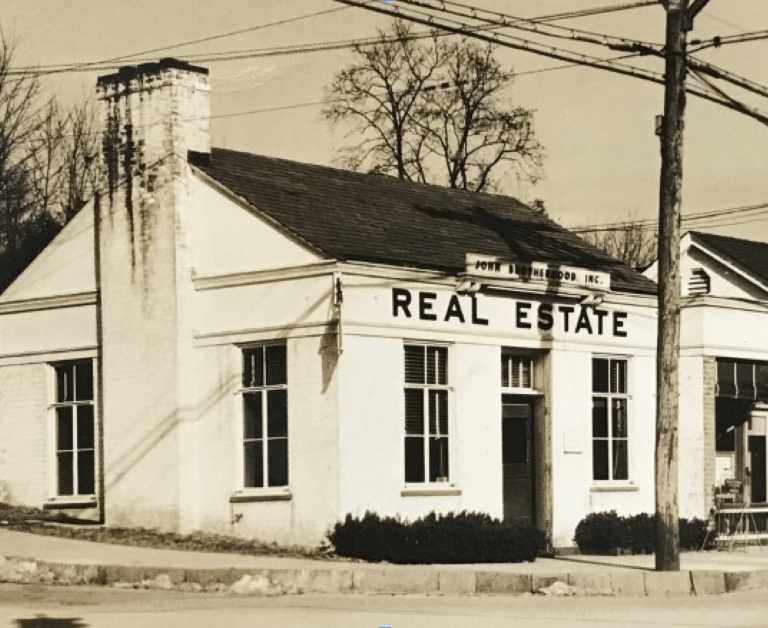By Dr. Russell R. Barksdale
In the realm of healthcare, having a close relative who is a physician, nurse, or healthcare professional is not only a matter of pride but also a valuable asset. For many, this familial connection means more than just prestige; it translates into convenient access to expert advice or swift referrals to specialists in high demand. With the appointment wait times for many specialists measured in weeks and not days, having an inside connection or navigator who can advocate for timely access is a real benefit.
Recognizing the advantages and increased satisfaction that come with having such a supportive figure, some healthcare providers have introduced disease-specific “navigators” to assist clients in navigating the complex landscapes of healthcare and insurance coverages. These navigators effectively step into the role of a family member, offering round-the-clock availability for medical needs without the complications of malpractice, ethics, or contractual obligations inherent in caring for a family member.
One notable program, the Navigator—Alzheimer’s at Home in New Canaan (Navigator@waveny.org), exemplifies this concept by providing tailored support for families dealing with loved ones suffering from Alzheimer’s Disease. This initiative addresses various challenges faced by families, including accessing clinical assessments, education on disease progression, coordination of care, and assistance with insurance coverage and benefits. By offering a personalized, concierge-level service free of charge to New Canaan residents, this program aims to alleviate the emotional and financial strains experienced by caregivers and loved ones.
While many healthcare professionals may accommodate requests from their relatives for prompt care or medical advice outside regular hours, there are ethical and legal implications to consider in such scenarios. State laws and licensing regulations often mandate that medical services provided to family members adhere to the same standards as those provided to non-relatives. This means that any assessment or treatment given to a relative should mirror what would be done for any other patient, with proper documentation and adherence to professional standards.
If a physician would not prescribe an antibiotic for a patient without conducting a physical assessment, the same would apply for a relative. A physician also wouldn’t provide services without appropriately documenting such services in a medical record; the same should be done for a relative. The assessment and treatment process for a relative should mirror that of a non-relative.
Relatives can enjoy a few perks. What good is having a physician in the family if one cannot receive home visits, phone calls outside normal business hours, expedited medical appointments with specialists, etc. Many physicians are surprised; however, to learn that major insurers often exclude medical treatment provided to a physician’s family member from coverage, let alone a prohibited service from their employment contract or malpractice insurance coverage.
While these prohibitions may seem like yet another unnecessary intrusion, there are benefits to these burdens. Not all families remain close and civil over time, as in-laws and spouses may come and go, or disconnected from the family.
These issues aside, having a family member working in the healthcare industry or professional navigator can bring several benefits, both personally and for the family as a whole:
Access to a wealth of medical knowledge and information. They can provide guidance on health-related issues, recommend specialists or treatment options, and answer questions about medical conditions. A navigator and advocate interpreting medical jargon and advocate for the best care is a real benefit.
Understanding the Healthcare System. Healthcare can be complex and overwhelming at times. Having a family member in the field can help demystify the healthcare system, making it easier for other family members to access and understand healthcare services, coverages, and in- and out-of-network barriers.
Emotional Support. Healthcare professionals possess strong empathetic and compassionate qualities. Having a family member or professional navigator in healthcare can provide emotional support during difficult health-related situations, offering comfort and reassurance.
Overall, having a family member or professional navigator in healthcare can be a true blessing. They can enhance the family’s overall health literacy, advocate for timely accessibility, demystify terminology and insurance coverage issues, and provide support during health-related obstacles and challenges. .
Russell R. Barksdale is a PHD, MPA/MHA, FACHE President, and CEO Waveny LifeCare Network



